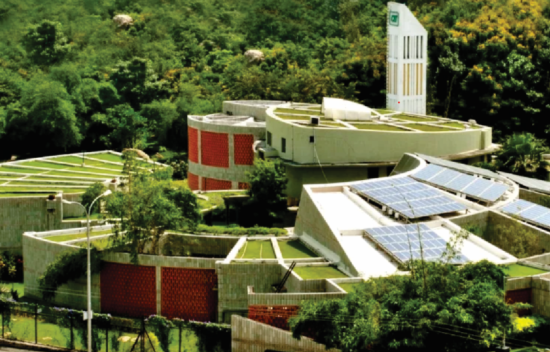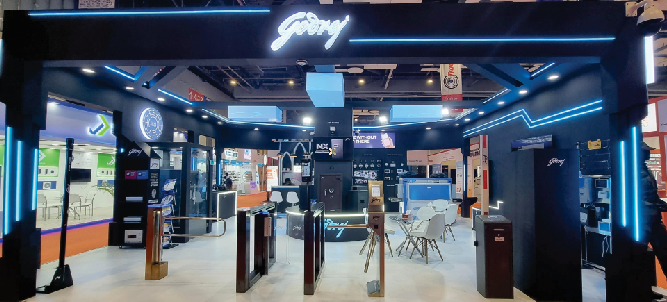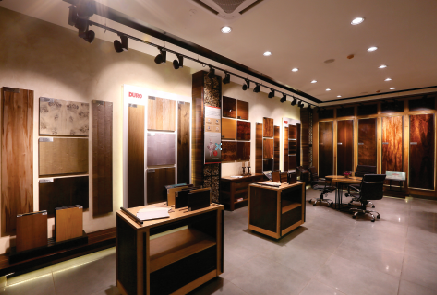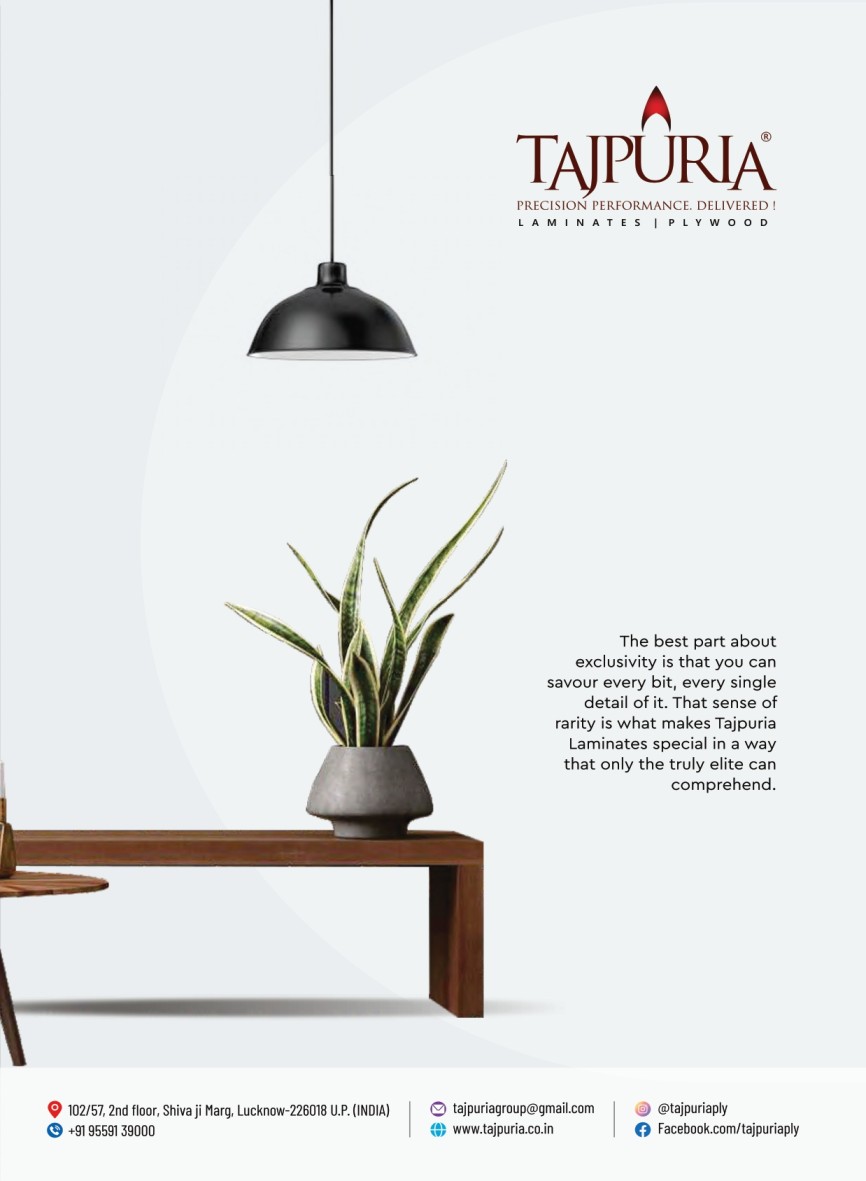
Embracing Green Building in Real Estate
- January 10, 2024
- 0
The Indian real estate market is embracing green buildings due to a heightened environmental consciousness among corporate and investors. They are willing to pay a premium to comply with global sustainability norms and provide a healthy workplace for employees.
In 2023, the office real estate market in India witnessed a significant shift towards sustainability, with an 83 per cent growth in green office stock compared to 2016, according to a recent report.
The report considers the period after the Real Estate (Regulation and Development) Act, 2016 came into force in 2016 to safeguard the interests of homebuyers and encourage real estate investments.
The number of green-certified building has seen a fivefold increase since 2010, with 61 per cent of India’s total Grade A office stock being green-certified.
In the face of global warming, where India is grappling with environmental challenges such as landslides, untimely monsoons, droughts, and floods, adopting sustainable practices is not just an option but a necessity. Consequently, the real estate sector integrates sustainable solutions into its operations across different phases of the project life cycle.
Biophilic spaces offer several advantages over conventional workspaces. In terms of design and innovation, these workspaces provide a healthier working environment with a low carbon footprint. On the other hand, green workspaces come at a premium with higher leasing and rental costs.
Going forward, all commercial spaces will be biophilic with designs that contribute to a healthy workforce and improved lifestyle… these workspace integrate natural elements such as plants, natural light, and water features that engage all five senses and bridge the widening gap between humans and nature.
































































